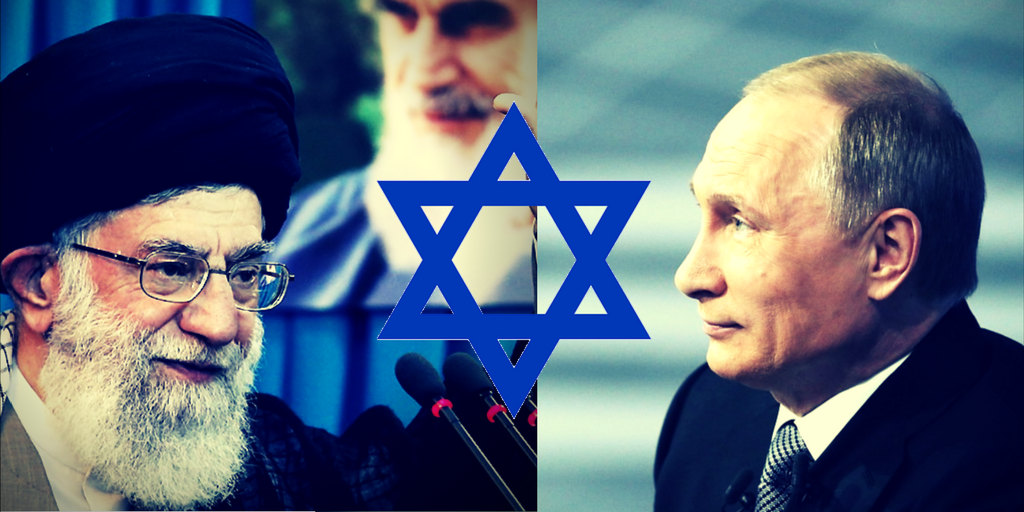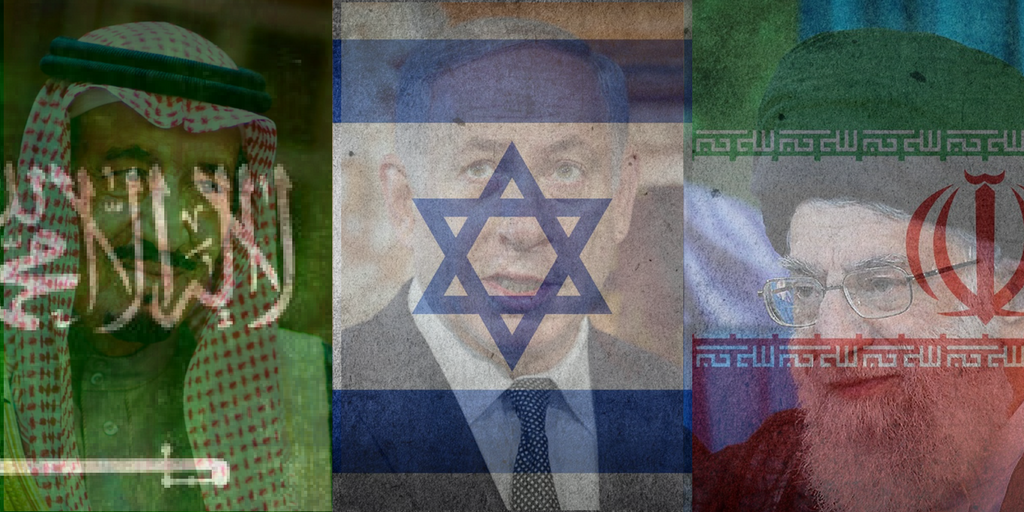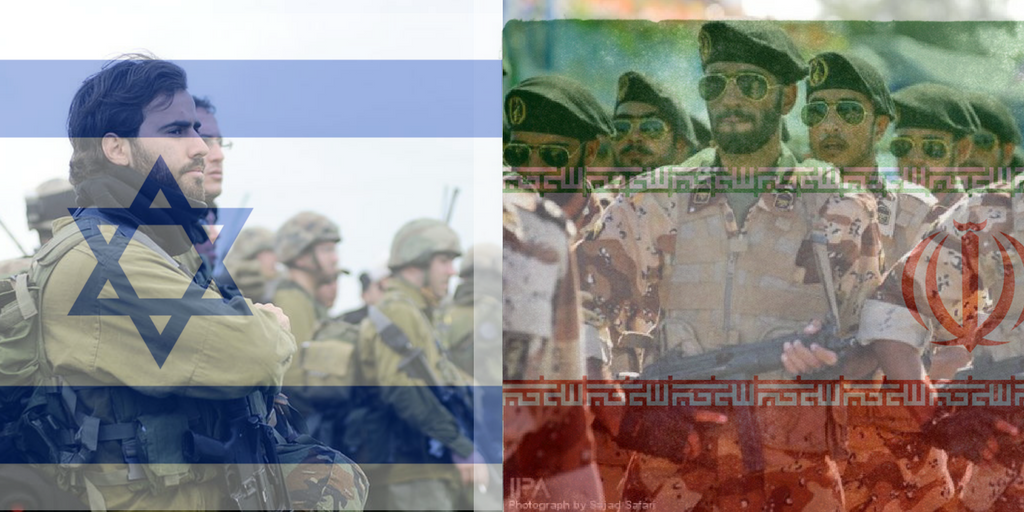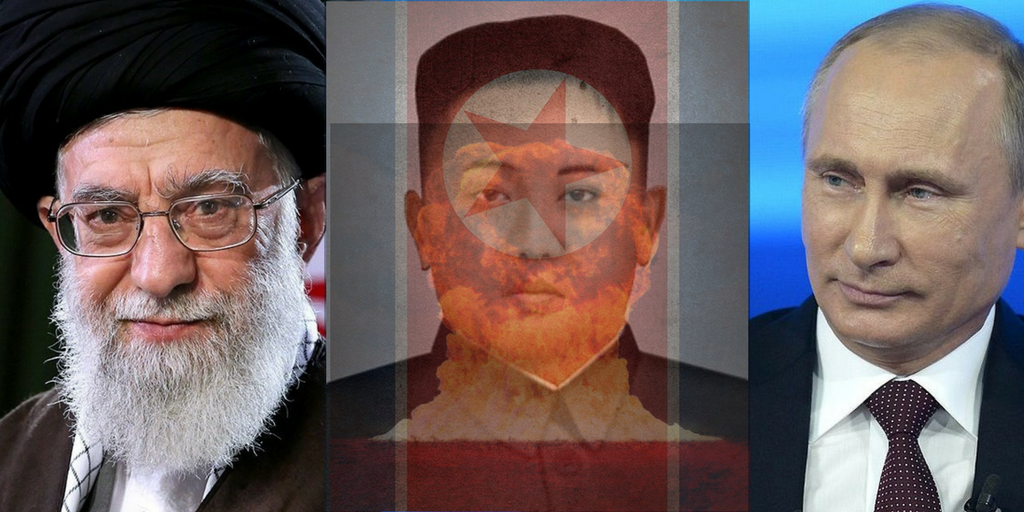The Russian backed Syrian offensive resumed today after a 48 hour ceasefire. Syrian government troops have already taken over various neighborhoods in Daraa, putting pressure on the American backed Free Syrian Army (FSA). It was reported that the FSA was given an ultimatum on Saturday to pull back. They didn’t so bombing resumed.
Daraa is crucial for a few reasons. If it falls entirely to the Syrian government, the Syrian Rebels and US led coalition will split in half. Even more dire is that the Daraa province buttresses the Golan Heights creating a corridor for Iranian militia to reach Israel. This will leave Israeli backed militia to fend off the more highly trained Iranians.

With the Wall Street Journal article making waves by connecting Israel’s humanitarian help to the strength of the Syrian rebels fighting the Assad regime, the above map makes it clear why the Israeli government feels it necessary to be bolstering these forces. Unlike the Lebanese Civil War, when Israel actually entered into the South of the country, the Netanyahu government would rather create a friendly buffer zone using humanitarian needs as a reason for helping the rebels. The situation though, may be deteriorating and require the IDF to enter the fray to hold off the Iranians from reaching their border.
If Daraa falls the US and Israel will have to make a decision to directly enter the war or build up a workable containment strategy. The next few days of the Daraa offensive will be crucial in determining the scope of both nations’ involvement.






